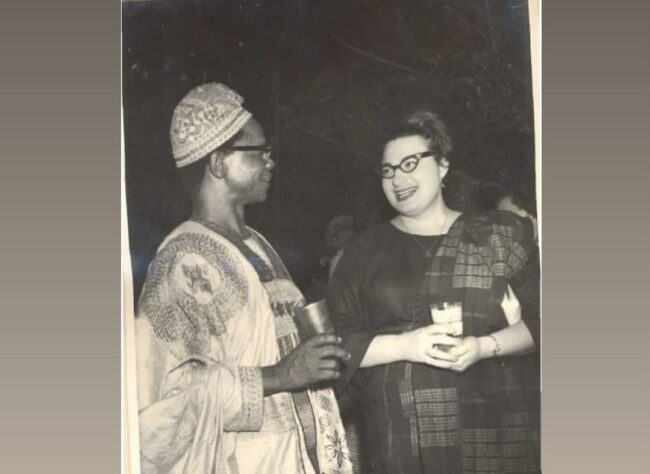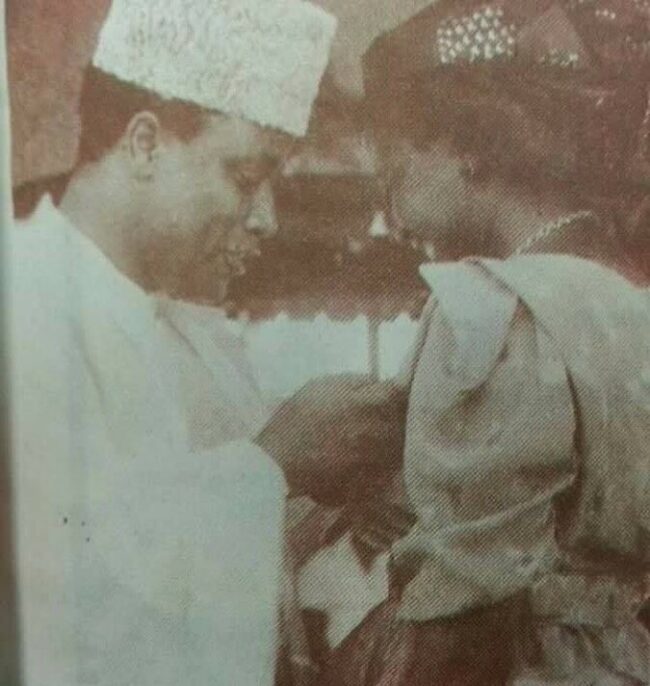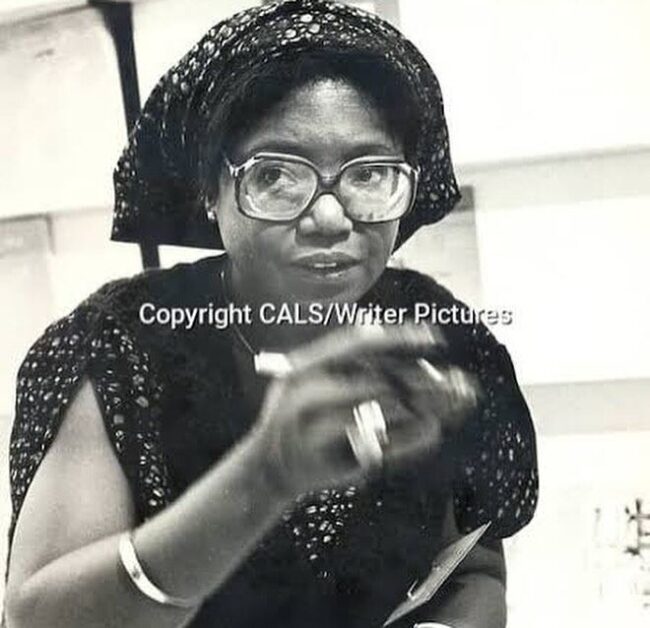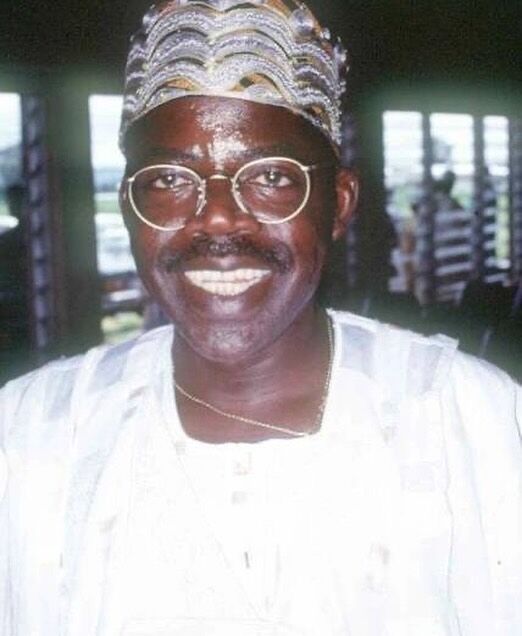The first Nigerian author and novelist, Flora Nwapa was also the first African woman novelist to be published in Britain in English and the precursor of a new generation of African women writers. Her debut book, Efuru, which was released by Heinemann Educational Books in 1966, brought her acclaim on a global scale. She was renowned for re-creating life and customs from the perspective of an Igbo woman, even though she never saw herself as a feminist. She supported women in African society and published works of African literature. In 1970, she established Tana Press in Nigeria, making her one of the first African woman publishers. After the Biafran War, Nwapa worked for the government in reconstruction; specifically, she helped refugees and orphans who had been uprooted during the conflict. Nwapa, the oldest of six children born to theater instructor Martha Nwapa and United Africa Company agent Christopher Ijeoma, was born in Oguta Local Government Area of Imo State in southeast Nigeria. Flora Nwapa went to CMS Girls School in Lagos State, which later relocated to Ibadan to unite with Kudeti Girls School and became St Anne’s School Ibadan, and Secondary School at Elelenwo in Obio Akpor LGA of Rivers State, south-south Nigeria. She enrolled in college at the age of 22 in 1953 and graduated with a B.A. from University College, Ibadan in Oyo State, southwest Nigeria, in 1957 at the age of 26. After that, she traveled to Scotland, where she graduated from Edinburgh University in 1958 with a diploma in education. Amede Nzeribe, Uzoma Gogo Nwakuche, and Ejine Nzeribe (from her previous relationship) are Flora Nwapa’s three children. Her spouse was Chief Gogo Nwakuche. Nigeria’s first Minister of Commerce and Industries was her uncle, A. C. Nwapa, according to Onyeka Nwelue’s documentary, The House of Nwapa. At the age of 62, Flora Nwapa passed away from pneumonia on October 16, 1993, in an Enugu hospital. The Lake Goddess, her last book, was released after her death.





